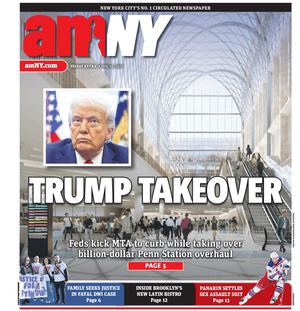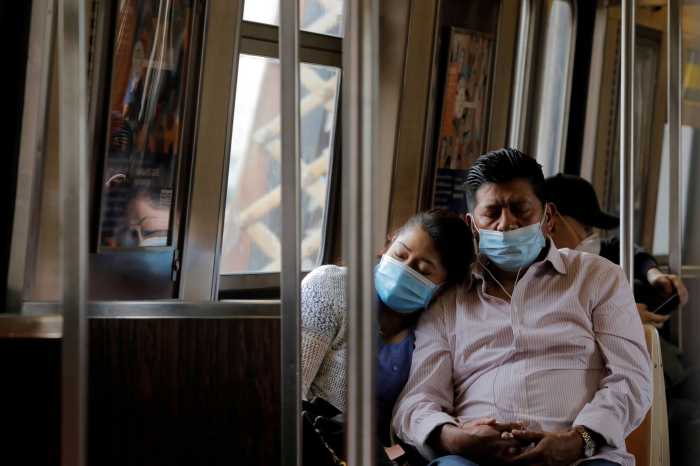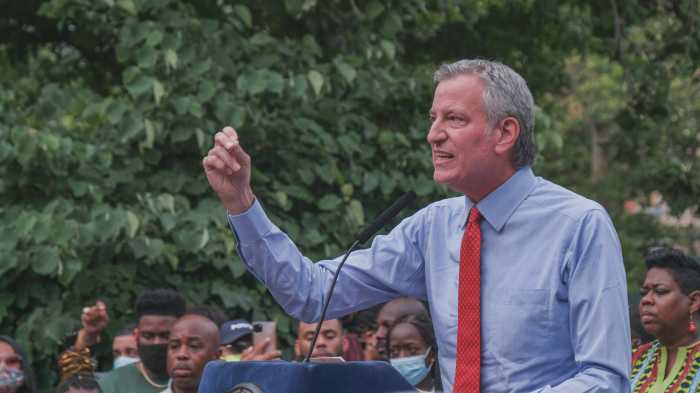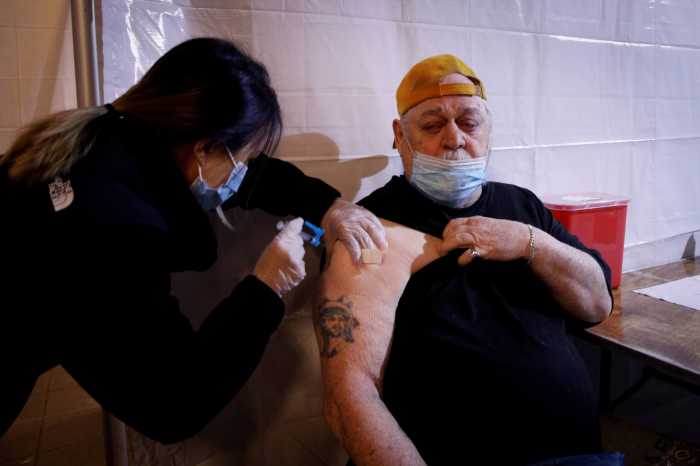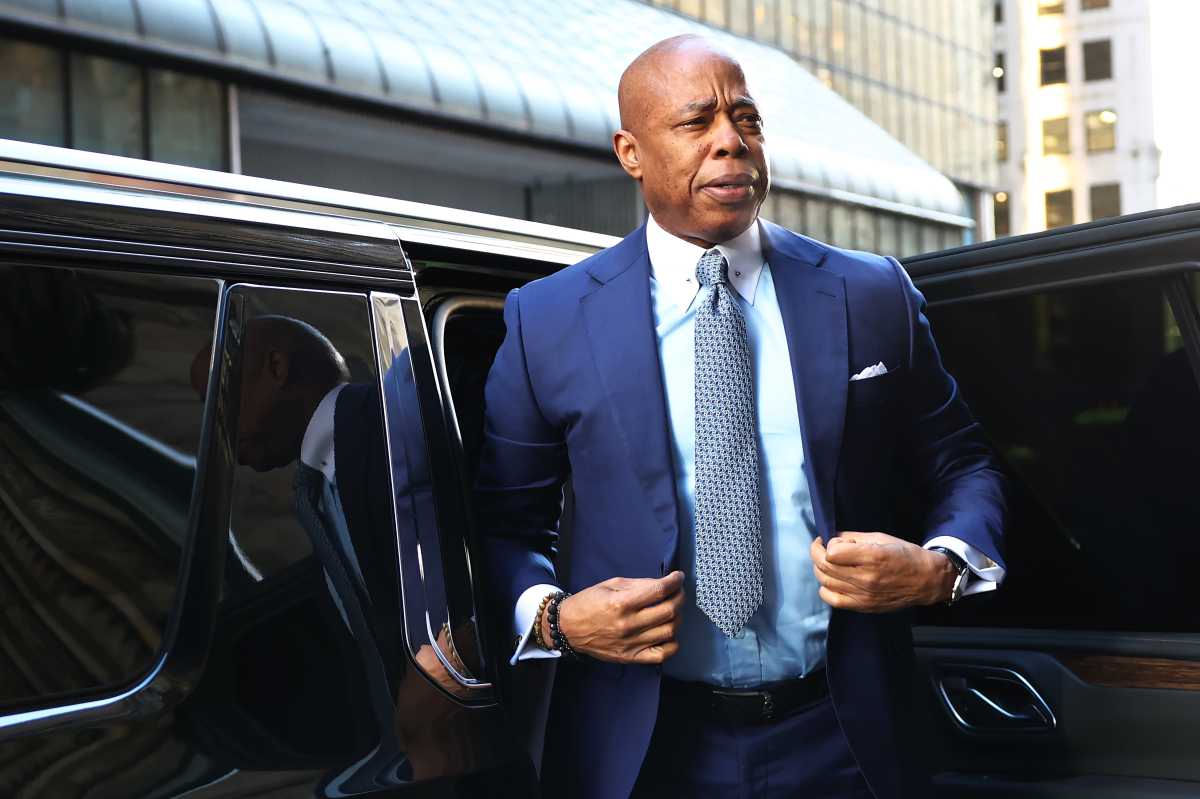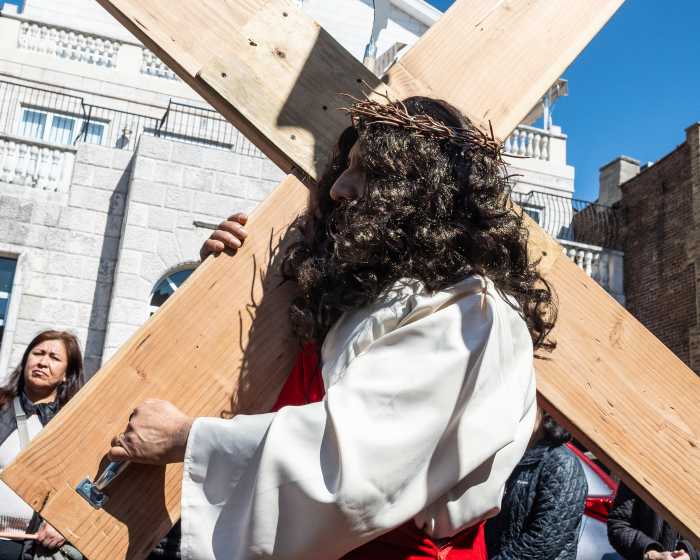Due to a drop in donations and canceled blood drives, the New York Blood Center has announced that there is a blood emergency in the state.
The region has fallen to a 2-3 day blood supply, reaching similar levels during the peak of the pandemic in 2020. The decrease in donations is attributed to the fears of the COVID-19 Delta variant.
“We are deeply worried by the recent drop in donations and blood drive cancelations — at this concerning time it’s critical that healthy donors continue to come forward to help their neighbors,” said Andrea Cefarelli, Senior Executive Director at New York Blood Center. “A robust blood supply is essential for our healthcare system to function and we must do everything we can to strengthen it at this time of uncertainty. We are so grateful to our donors for continuing to show up and encourage more New Yorkers to join them to ensure there’s enough blood for the thousands who need transfusion each day in New York.”
With the blood levels dropping to a 2-3 supply and a 1-2 supply of type O blood, the New York Blood Center warns that more severe shortages may come in the weeks ahead. Though there has been a chronic blood shortage throughout the pandemic, the New York Blood Center anticipated that the blood supply would increase once more when vaccinated New Yorkers went back to some normal activities and expected school and office blood drives to return in the fall. However, the Delta variant put recovery to a stop.
The New York Blood Center is encouraging New Yorkers to donate, as blood drives planned by community organizations, businesses and schools are being canceled and fewer donors are making appointments at donor centers. Blood donations take one hour and workers are taking extra precautions to prevent the spread of COVID-19. People are not eligible to donate if they’re experiencing a cold, sore throat, respiratory infection or flu-like symptoms. Additional information on donor eligibility and COVID-19 precautions are available on the New York Blood Center website.
Donors can schedule appointments by calling 1-800-933-2566 or visiting www.nybc.org.
